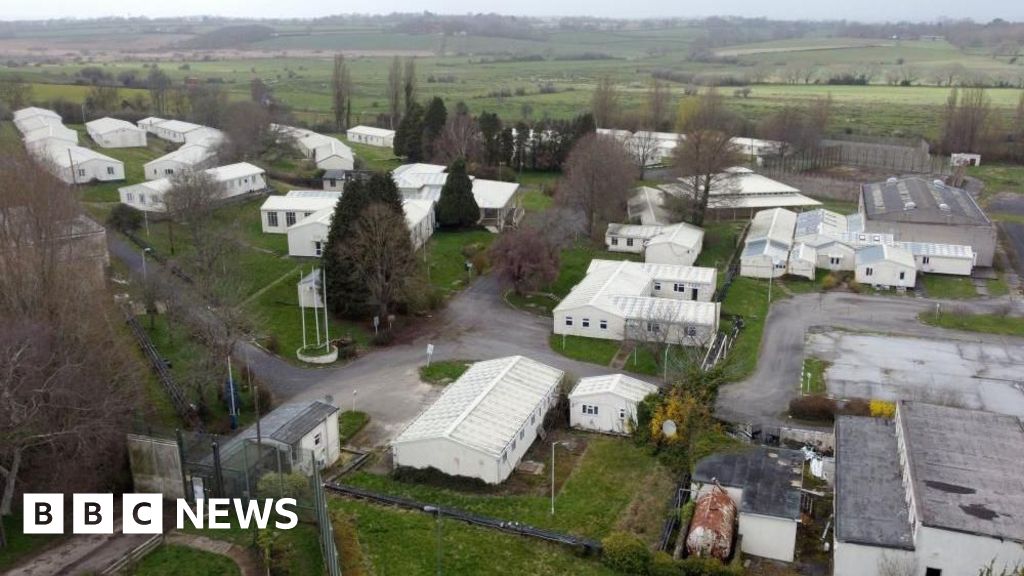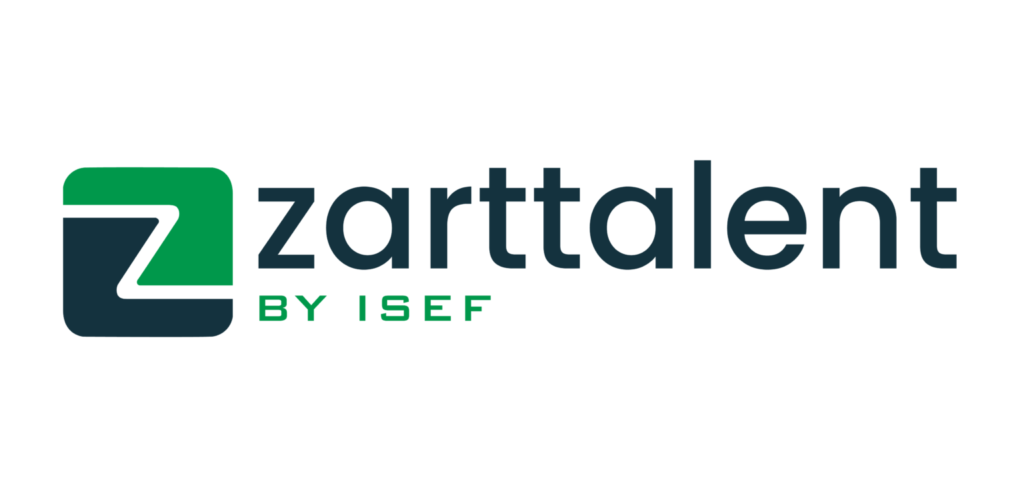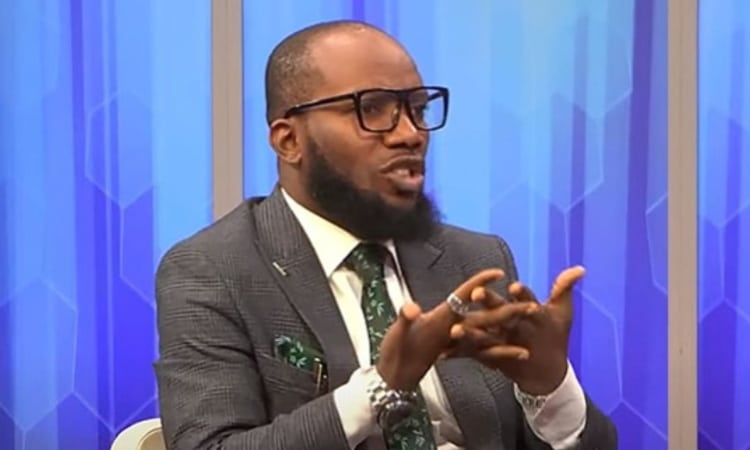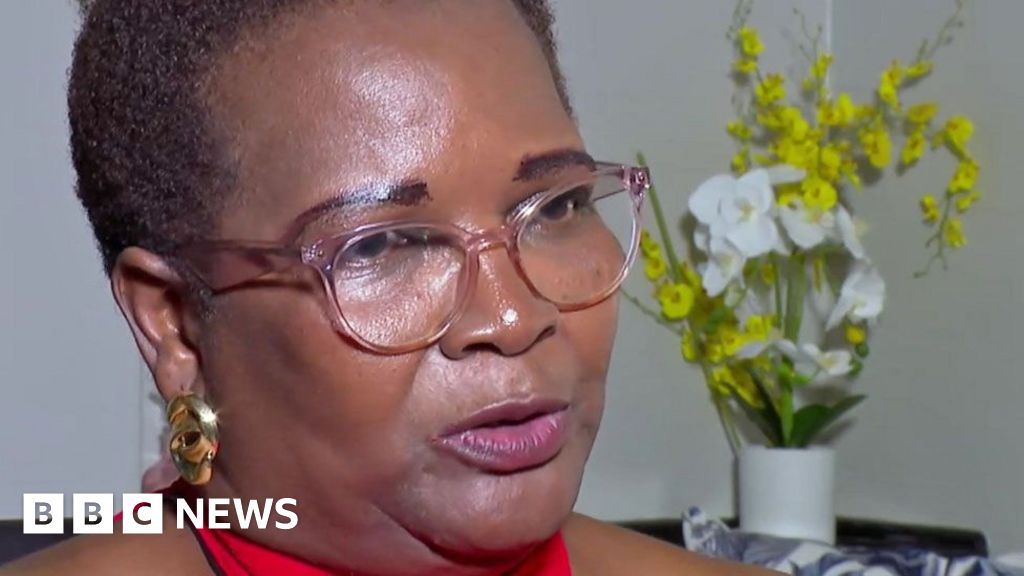The Executive Secretary of the Lagos State Domestic and Sexual Violence Agency, Titilola Vivour-Adeniyi, talks to NAOMI CHIMA about her career, domestic and sexual violence, and other issues
What are your educational qualifications?
I had my elementary education in Nigeria, and went on to Paris, France, for my secondary education. I later got a degree in Law in England in 2007. I was called to the Nigerian Bar in 2010, and I am currently pursuing a Master’s degree in International Relations.
Tell us about your journey into public service, and how it led you to your current role as Executive Secretary of the Lagos State Domestic and Sexual Violence Agency?
As fate would have it, I was posted to the Lagos State Ministry of Justice to undertake the National Youth Service Corps scheme. I was privileged to serve in the office of the Attorney-General and Commissioner for Justice in 2007, after which I proceeded to the Nigerian Law School. Upon being called to the Bar, I was given an opportunity to return to the Ministry of Justice.
I was then assigned to serve as a personal assistant to the Attorney-General, working in various capacities. I worked with three consecutive attorneys generals— Olasupo Shasore (SAN), Ade Ipaye, and Moyosore Onigbanjo (SAN); until I assumed my current role.
This journey in public afforded me the opportunity to work in various sectors, including access to justice, rule of law, social services and social protection, and to also appreciate the power of long-term vision and continuity.
What inspired you to focus your career on addressing issues related to sexual and gender-based violence?
Working in the SGBV space was certainly not my career wish or ambition. I believe this was divine positioning. It was more of me spotting the massive opportunities available for government to better serve citizens in the space through improved coordination, and strengthening the ways of working between government and non-governmental organisations. I had also been privileged to come across survivors of SGBV on their quest for justice, so I appreciated their pain as well as the struggles they faced.
What are the key strategies you have implemented to address sexual and gender-based violence in the state?
We have tried to leverage on the THEMES+ agenda of Governor Babajide Sanwo-Olu, which is clearly people-focused. The first step was to build the trust and confidence of citizens of the state on issues of SGBV, and the governor walked the talk in this regard by signing the law, which upgraded and expanded the previous response team into a statutory agency. I am highlighting this critical feat because it is the foundation upon which DSVA operates and functions today.
Our major north star is to ultimately rid Lagos of all forms of SGBV, and end the culture of silence. We recognise that this is a journey that requires a cultural and mindset shift, hence our strategies have a long-term focus, as we strike the balance between responding to the issues today, and preventing issues of tomorrow. One main strategy is to mainstream SGBV prevention and response into the various sectors, including health, security, education, and justice. This has been instrumental in ensuring the sustainability of our various initiatives by embedding institutional reforms that outlive current individuals and in stakeholder roles.
We are also deploying more efforts and resources towards prevention; heightening awareness, conceptualizing, and executing behavioural mindset programmes. Advocacy should never be under-estimated, as it is very important.
We are leveraging data to design programmes targeted at various communities, local governments, and key stakeholders, such that we ensure demographics with a higher rate of cases reported are strategically targeted for awareness and advocacy.
In terms of boosting the confidence of citizens in the capacity and capability of the Lagos State government, we have expanded the state’s response machinery to be able to provide holistic support to survivors. Now under one roof, depending on the need, a survivor is able to access support services such as legal, medical, psychosocial, alternative dispute resolution, social services, and criminal investigation of their case.
How do you see the role of policy and administration intersecting in your work at the DSVA?
I see my role as the pioneer Executive Secretary as an opportunity to create legacies that outlive and outlast my tenure; which is what I see as the true measure of success. In terms of administration, my mantra is to ensure that myself and the over 100 professionals I work with are operating with world class standards, and our bar for excellence is global. After all, we are serving a mega-city.
In terms of policy, the focus remains long-term thinking and visioning, which helps to ensure that we are not distracted by the present, but are focused on the bigger picture, as we piece things together. The survivor drives the very bane of our agency’s existence, and is the compass driving how we operate. Our organisational structure is centred around what is best for the survivor. Also, my approach is always backed by evidence-based policies.
We are committed to transparency and public engagement, as we believe this is the quickest way to build trust.
What motivated you to become an author, particularly writing books for children on topics, such as domestic violence, civic education, sexual violence, and self-love/body safety?
While interfacing with children, I have come to realise that they have a role to play in their own protection. I believe it is crucial that they are properly informed and equipped on these issues through different means; books being one of such mediums.
On the other hand, civic education, civic participation and civic engagement are issues I am very passionate about; so I count it a privilege to be able to contribute from my own perspective.
The feedback I have received thus far from the children that have read the books have been very encouraging.
What is the message you hope to convey with your memoir, ‘Living for a Higher Purpose: Inspiring Hope through the Nigerian Public Service’?
I find that as public officials, our roles afford us the opportunity to influence policy making, introduce innovations, and embark on various initiatives. However, perhaps due to the fast-paced nature and tenured offices we hold, we do not have the opportunity to document our experiences, which a lot of people could learn from.
So, I felt this was an opportunity to self-reflect, process what had been done over the years and then document for others, especially organisations and states who may want to establish similar initiatives, such as Domestic and Sexual Violence Response Team. There’s a chapter in my book that can serve as a manual for this purpose.
I also realised that quite a lot of gains had been made, and several innovations had been introduced at a very rapid scale; so it was important for me to document my experience, especially for posterity’s sake. I believe the book also gives insight on the role several public servants, concerned individuals and NGOs play in ensuring that our society is safer for all.
I also wanted to use this opportunity to publicly acknowledge, and give credit to the amazing men and women who have distinguished themselves in the fight against SGBV in the state and by extension, the country.
More importantly, I wanted to use the opportunity to showcase the potential of young people working in government, effecting change, and occupying leadership positions.
I came into government at the age 22, and was privileged to be appointed as the pioneer head of a newly created statutory agency at 34, all based on merit. I hope my story can inspire young future leaders out there to also take the bold step to serve.
What inspired the establishment of your foundation, and how does it contribute to empowering vulnerable members of society?
By virtue of my work, I have seen people in dire need of support— both financial and otherwise. Over the years, I have, in my own modest way, provided financial support and mentoring to young people, especially women. However, in 2019, I decided to formally register a foundation, geared at providing support to the indigent with a bit more structure. Through the foundation, we have been able to support over 30 women-led SMEs. A lot of children have been able to access scholarship grants. Last year, we started our food drive with food packs being handed over to families. So far, we have distributed over 1,200 ‘love bags’ (containing foodstuff) to the indigent across the state. These initiatives give me a sense of fulfilment of purpose and joy. My desire is to further expand the impact.
What do you regard as the significance of the partnership and appreciation award presented to you by the Federal Government?
The award was presented in recognition of our work at the time as the Domestic and Sexual Violence Response Team. It was indeed very encouraging and motivating to see that the work being done in a small corner was being recognised at a national level.
How do you envision the future of combating sexual and gender-based violence, both in Lagos State and nationally?
If we keep up with the momentum, I foresee that we would have heightened awareness about these issues, which would then ensure we break the culture of silence, which encourages these vicious crimes to thrive. Concerning Nigeria, the momentum is gathering, as other states are adopting similar interventions. I look forward to when we would have uniformed response across the country.
What advice would you give to young professionals aspiring to make a positive impact in their communities, particularly in addressing social issues, such as domestic and sexual violence?
They should identify a cause that they are passionate about, and if possible, volunteer. If there is no entity that is already addressing that social issue, then by all means, they should start one. But if there is, it is strongly suggested that they should volunteer. There is strength in numbers. The truth is that we all have a role to play in making our world a better place.
What are some of the factors that fuel the increase of sexual violence against children, women and most recently men; and how can those factors be controlled?
I believe these vices have been with us for years. What we are seeing is an increase in formal and informal reporting of cases, which can be attributable to the increase in awareness.
Concerning prevention, the jury is still out on whether one can completely prevent child sexual abuse. We can, however, reduce the likelihood of it happening, by reducing the window of opportunity.
This can take the form of empowering children with relevant age-appropriate information on body safety, setting boundaries and voicing out about any issue they are not comfortable about. Similarly, parents and caregivers play a huge role in terms of instilling the right values in children, respect for the opposite sex, gender equality, and parity.
What is society not doing right as regards the spread of SGBV?
The entire society has a role to play if we are going to change the narrative and reverse the ugly trend. It however starts from the home front. Parents and caregivers have to inculcate the right values in children. The community also has a role to play by ensuring perpetrators in different areas are spotlighted and are held accountable. Religious institutions and clerics also have a huge role to play in terms of providing a balance between mediation and knowing when to draw the line, and invite government.
Balancing professional responsibilities with personal life can be challenging. How do you manage your roles as a wife and mother alongside your career?
I am fortunate to have a great support system, and more importantly, an amazing husband, so we complement each other quite well when it comes to our family and how we function. Our values and principles are based on scriptural foundations, which influence how we engage each other, even in times of conflict, and this helps ensure that we are always focused on the bigger picture.
What are some key lessons you’ve learnt from your experiences in public service, activism and philanthropy?
I have learnt that one can make an impact even from a tiny desk. Never underestimate the impact of helping or changing a life positively.
How do you manage stress and maintain a sense of well-being, especially given the emotionally demanding nature of your work?
I enjoy spending time with my family, catching up with friends, and visiting the spa.
What is your favourite food?
Well garnished efo riro (vegetable soup).

 4 months ago
42
4 months ago
42















 English (US) ·
English (US) ·